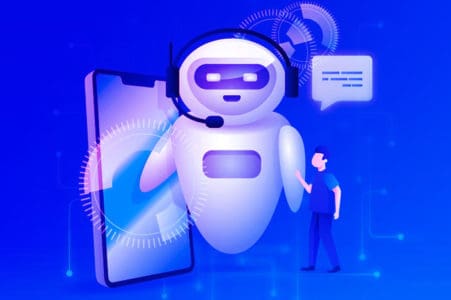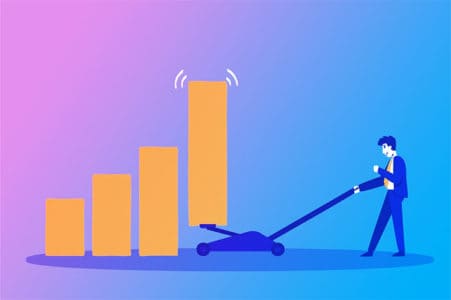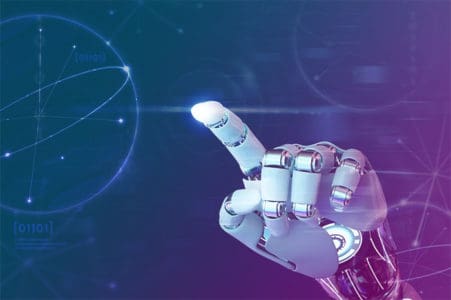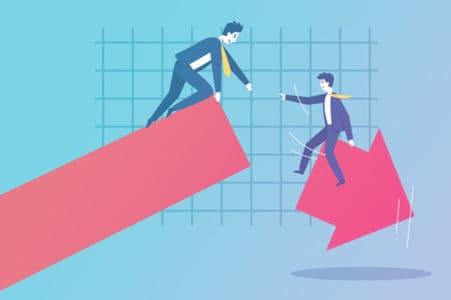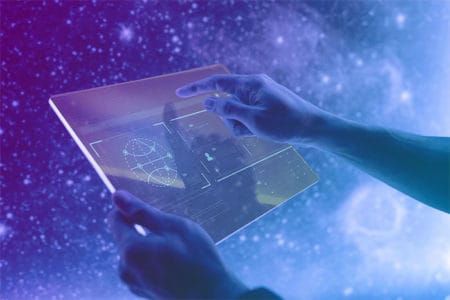Dubai Plan 2021 aims to make Dubai an innovative and sustainable city. Dubai’s Smart City project adopts a strategy that calls for transforming about 1,000 government services focusing on six key sectors – transportation, infrastructure, communications, economic services, urban planning, and electricity.
Dubai has implemented many initiatives in these six sectors, including open and easy access to data, smart transport, optimizing energy resources, smart parks and beaches, police smartphone apps and new master control rooms.
Another initiative for smart city transformation in Dubai is to incorporate all government bodies and turn them into a single entity, thereby providing comprehensive services to customers easily and efficiently. Current projects within this initiative involve using smart applications and devices across three tracks:
- Smart life: deals with health, education, transport, communications, public utilities, and energy services.
- Smart economy: dealing with developing smart companies, port services, smart stock exchanges, and smart jobs.
- Smart tourism: deals with providing a smart and convenient environment for visitors to the emirate, including visa, flight, smart gates, and smart hotel services.
Human-Centric Smart City
The emerging human-centric smart city has revealed a range of main collaborations that help curate its industrial transformation and startup culture. Dubai is celebrating its contribution to promoting innovation in the UAE and projecting the UAE’s goal of being the world’s most ambitious and future-ready nation.
Bringing together Fortune 500 firms is part of the strategy. The global entities, which comprise SMEs, entrepreneurs, research institutes, laboratories, accelerators, and venture capitalists, consciously curate a business ecosystem that fosters innovation. It is backed by the new 5G technology, disruptive technologies such as IoT, urban labs, and ecosystems built to meet the needs of the companies and people who will live, work, and play there as a human-centered smart city.
Additionally, there is a constant impetus for collaboration and enabling large and small businesses to evaluate and implement ideas and solutions that benefit their industries. New local and foreign partnerships with startup enablers from the UAE and worldwide, including the United States, United Kingdom, Namibia, Slovenia, Malaysia, and Botswana, are partners in Dubai’s progress.
These new partners will include a network of qualifying foreign startups and small businesses to the global entrepreneur program, Scale2Dubai, building a network of local, regional, and international startups at the forefront of the innovation ecosystem.
International collaborations between Scale2Dubai and the Founder Institute in the United States; British Centres for Business (BCB); Namibia’s Ministry of Industrialization and Trade; Slovene Enterprise Fund; Malaysian Global Innovation & Creativity Centre (MaGIC); Botswana’s Local Enterprise Authority highlight Dubai’s commitment to attract and support small businesses.
Dubai has previously partnered with important local institutions such as Dubai SME and the Mohammed Bin Rashid Innovation Fund.
Innovation Ecosystem
Dubai is recreating an environment that will prioritize the needs of these companies and the potential workforce in a rapidly changing global landscape and the post-pandemic world through its human-centric approach and infrastructure design.
Dubai will incorporate creative implementations of the new smart technology, such as IoT- to solve problems and develop services, allowing the city to work smarter and more environmentally sustainable, thanks to the knowledge gained from Expo 2020 Dubai. The Dubai urban lab is an open data platform and a testbed for organizations to test their solutions to urban issues in a real-world setting.







